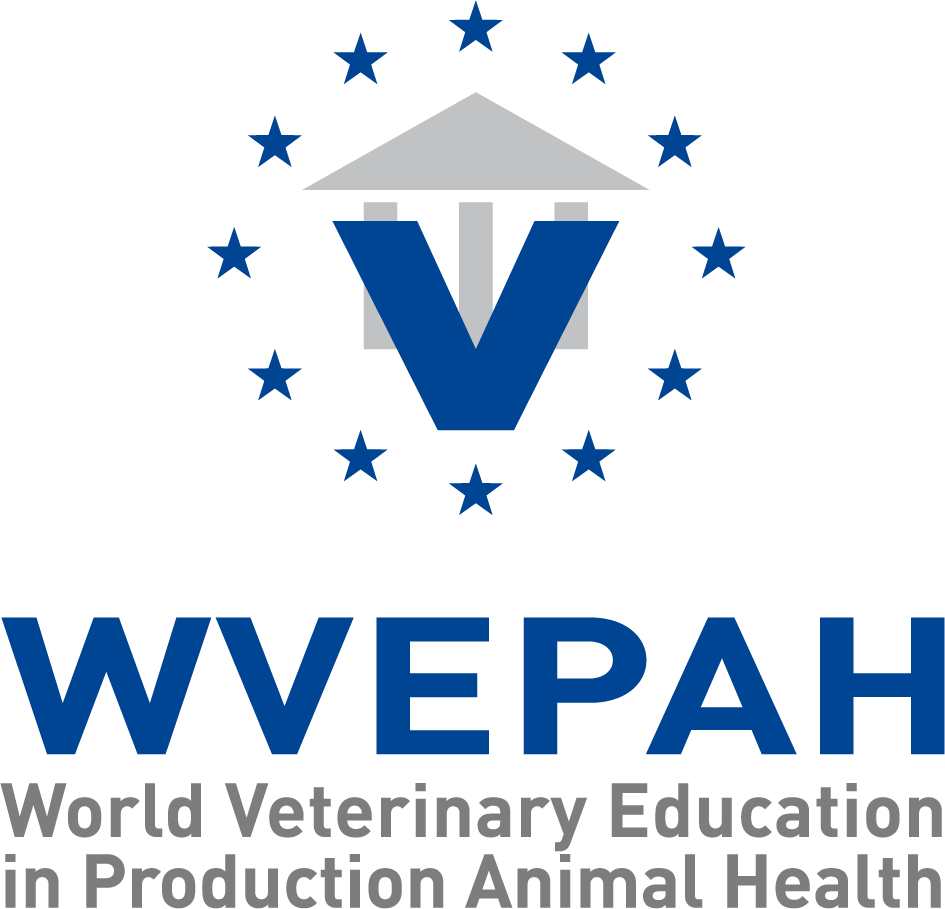Poultry Biochemistry Course
This course focuses on Biochemistry for poultry professionals.
General course information
-
Residential dates : TBC 2026
-
Université de Montréal - Faculté de médecine vétérinaire at Saint-Hyacinthe, Québec, Canada
-
Course Fee: 845 EUR
The price covers dinners and two coffee breaks per day during the residential phase. Please note that the fee does not include accommodation, transportation, health insurance, or travel visa costs.
Université de Montréal - Faculté de médecine vétérinaire, Saint-Hyacinthe, Québec, Canada
Detailed Program
3 days of in-person training.
-
8 :00 – 9 :00
Review of essentials about bird physiology and homeostasis
9 :00 – 10 :00
Sample handling and processing;
Analytical techniques;
Reference laboratory vs In house
10 :00 – 10 :15
BREAK
10 :15 – 12 :00
Blood: Complete blood count (CBC); Hematocrit, Iron; Vitamin B; Folic acid, ; Hematocrit and Hemoglobin;
Coagulation: Simple coagulation tests, vit K3 blood clotting time, ACT, PT, Aptt
12 :00 -13 :30
LUNCH
13 :30-15 :00
Respiratory system, Blood gases, pCO2, PO2, SO2 Electrolytes (sodium; potassium; chloride; bicarbonate, Acid/base disorders pH, Osmolarity
Minerals (calcium, ionized calcium, magnesium, phosphate), copper, vitamin D
Renal (Kidney) Function Tests (creatinine; blood urea nitrogen, uric acid, potassium and phosphorous); Urine sediment
15 :00-15 :15
BREAK
15 :15-16 :15
Proteins: Total protein, pre-albumin, albumin
globulins, AG ratio, protein electrophoresis, acute phase proteins, immunoglobulins: alpha, beta, gamma globulins, passive transfer
16 :15-17 :30
CASE STUDIES
-
8 :00 – 9 :00
Liver: Liver Function Tests /AST/BiLE ACID
mycotoxins
9 :00 – 10 :00
Digestive system: Digestion Tests
(malabsorption; coccidiosis; carotene
10 :00 – 10 :15
BREAK
10 :15 – 12 :00
Muscle damage tests; Vitamin E and Selenium; Oxydative process analytes, Fat rancidity, TOC etc. Other antioxydants
Miscellaneous (Glucose; blood gases ([H+], PCO2, PO2); adrenocorticotropic hormone (ACTH); corticosterone (stress markers), Creatinine Kinase (CK); T4; Ionophore toxicity
12 :00 -13 :30
LUNCH
13 :30-15 :00
Laboratory
Testing on live birds exposed to:
a) two different environmental conditions
b) Two different nutrition regimes
15 :00-15 :15
BREAK
5 :15-16 :15
Laboratory discussions & case studies
-
8 :00 – 9 :00
Serological changes over time, Sampling size and selection depending on situation
Antigen and Special Tests (Heavy metal assays, etc); iron/hematocrit
9 :00 – 10 :00
Intoxications: Anti-nutritional factors; Trypsin inhibitors; Antibiotics; Pesticides
10 :00 – 10 :15
BREAK
10 :15 – 12 :00
Water and electrolyte imbalance
Thermal stress; feathering
12 :00 -13 :30
LUNCH
13 :30-15 :00
CASE STUDIES: PROBLEM SOLVING
Respiratory acidosis
Respiratory alkalosis
Metabolic acidosis
Metabolic alkalosis
15 :00-15 :15
BREAK
15 :15-16 :15
Therapeutics recapitulation:
Technical & nutritional management
Water chemical treatments
Temporality and kinetics aspects
16 :15-17 :30
KEY POINTS FOR SUCCESS IN THE FIELD



